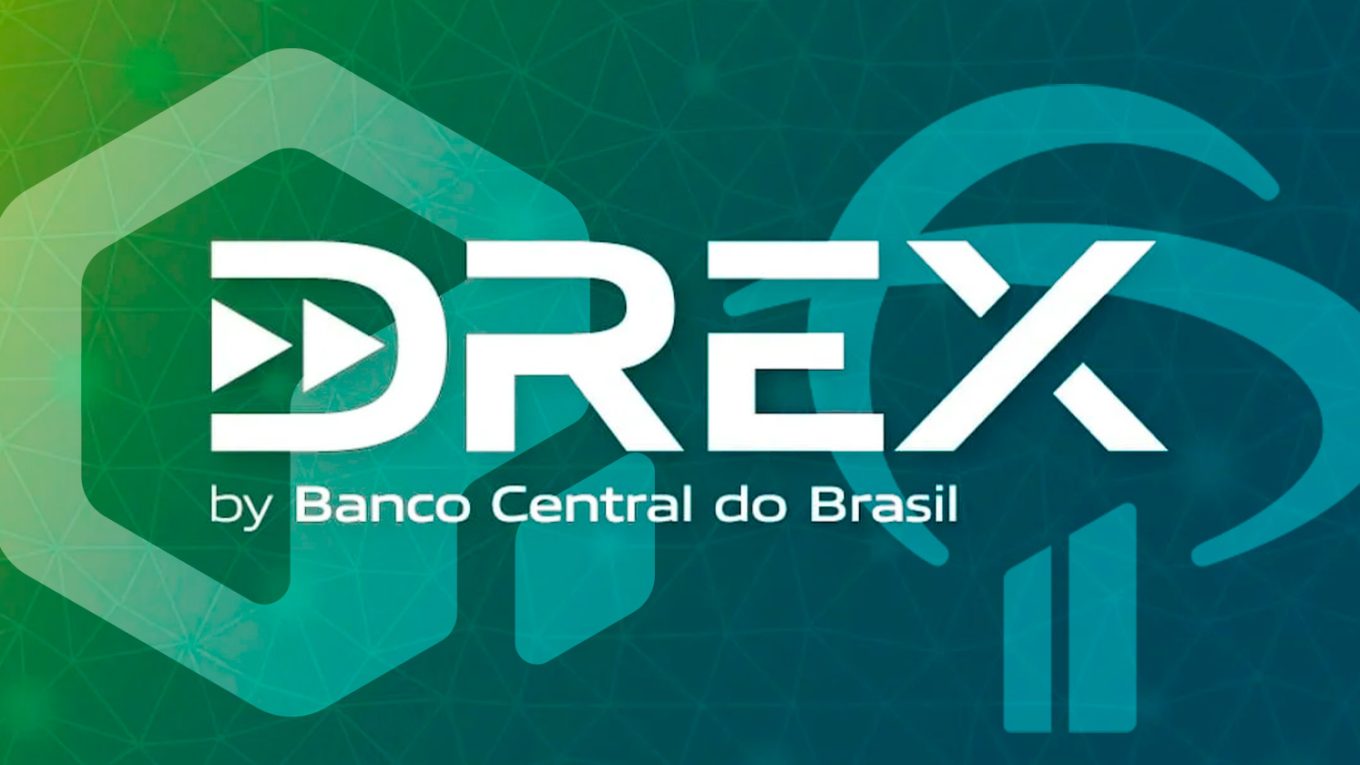Liqi and Bradesco will be in the second phase of Drex
Liqi, a Brazilian company specializing in the tokenization of real-world assets, will be part of the second phase of the Drex pilot. According to the announcement sent by the tokenizer to CriptoFácil, Liqi will operate in a collateralized credit operation, through a CDB.
In this operation, Liqi will support Itaú Unibanco in the consortium with Banco do Brasil, Bradesco and Núclea, a company that brings solutions to the financial market. With this, Liqi will bring its expertise on market tokenization to support this operation.
“We are happy to finally be part of the Drex tests and to be able to show everything that Liqi has been successfully applying over the years. We believe that Drex will be the main tokenization infrastructure on the market. In the near future, we will run our smart contract solutions that contain the rules and covenants of financial operations within it”, highlighted Daniel Coquieri, CEO and founder of Liqi.
Understand the Drex test
In the test use case, the Central Bank will use CDBs as collateral in a loan operation through smart contracts. This tokenization will contain all operation rules, allowing for more transparency throughout the process.
The objective is that everyone involved will be able to follow all the information, transactions and rules contained in this contract. Furthermore, tokenizing this operation will bring more security, since the information contained in the contract cannot be changed.
On the other hand, the test hopes to evaluate tokenization as a tool to democratize this operation. By using technology, people and companies will be able, for example, to use their investments to take out loans from different institutions, providing access to credit and better opportunities for everyone.
In this sense, an Itaú client could use their investments as collateral to make loans at Bradesco, and vice versa. One of the objectives of the test is to verify the feasibility of this integration.
“This is another important step for the second phase of Drex, since the test covers a case of using Drex in a credit operation, which in the future can benefit individuals and companies. Having Liqi as a partner in this phase of the pilot will bring greater maturity to the tests, given its experience in the tokenization market”, comments Guto Antunes, head of Itaú Digital Assets.
History of success
Operating in the market since 2021, Liqi uses blockchain infrastructure and smart contracts to bring more transparency, security, cost reduction and democratization to operations carried out in the financial market. In this sense, the company offers a complete platform for issuing and trading tokens.
As the company explained, the scope of tokenization has grown significantly in the last three years. Liqi issued tokens backed by assets such as commercial notes, receivables, bills, CCBs. In addition, the company also created TIDC (Credit Rights Investment Token).
In total, operations totaled more than R$180 million in tokenized credit assets and more than 1,085 offers. Now, Liqi intends to bring this expertise to Drex, contributing to solving challenges that currently exist in the development of Real Digital.
Through this credit operation collateralized in CDB, the company will be able to take into this Drex use case the knowledge acquired in real tokenization operations, which have already been carried out between Liqi and Itaú Unibanco itself, in addition to other large institutions of the market.
Beyond Pix
For Fábio Araújo, Drex coordinator at the Central Bank, the digital version of the real must “go beyond Pix” and serve in practice as a digital public infrastructure. With this, Drex can replace the entire current Traditional Financial System (SFN) and actually reach retail.
According to the executive, who presented at the 2nd Digital Assets Forum this Thursday (03), Drex will offer new features and possibilities for the market. In practice, the BC's objective is to make the new system a tool for “democratization of the financial market”.
“Drex’s long-term objective is to be the Brazilian financial system, where all negotiations will take place. It’s something that takes time, that won’t happen overnight, and that depends on the advancement of technology”, he highlighted.

